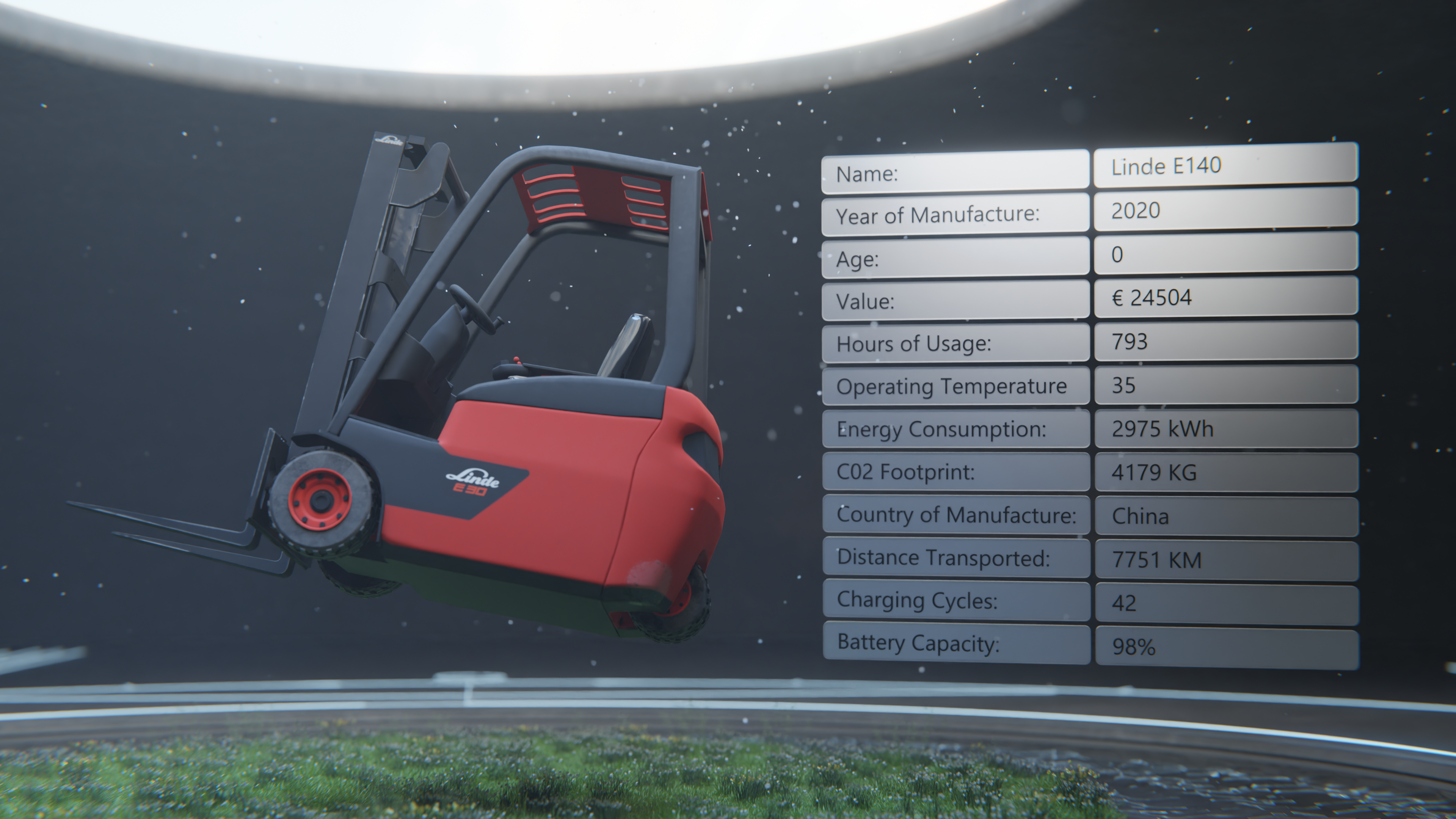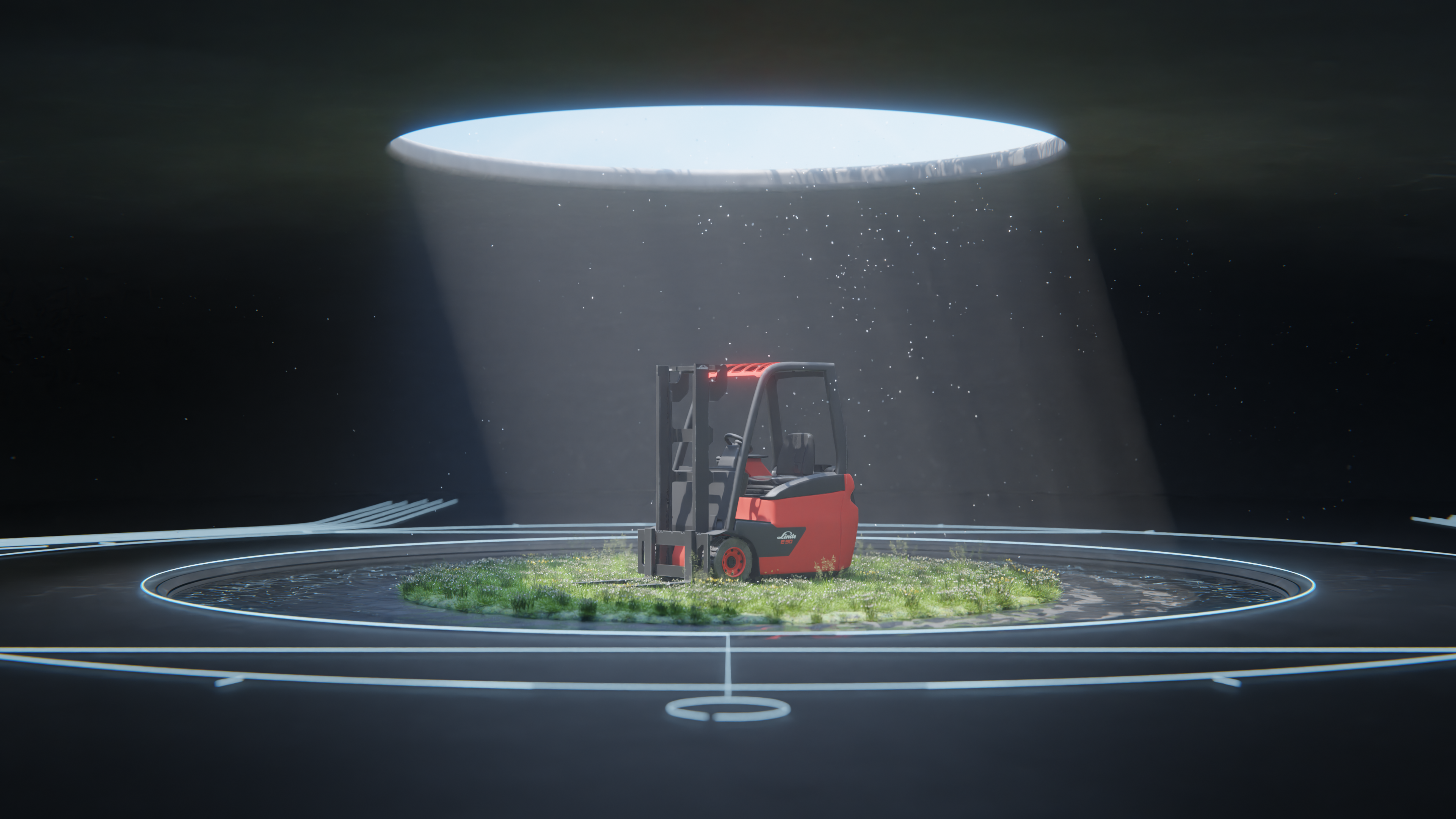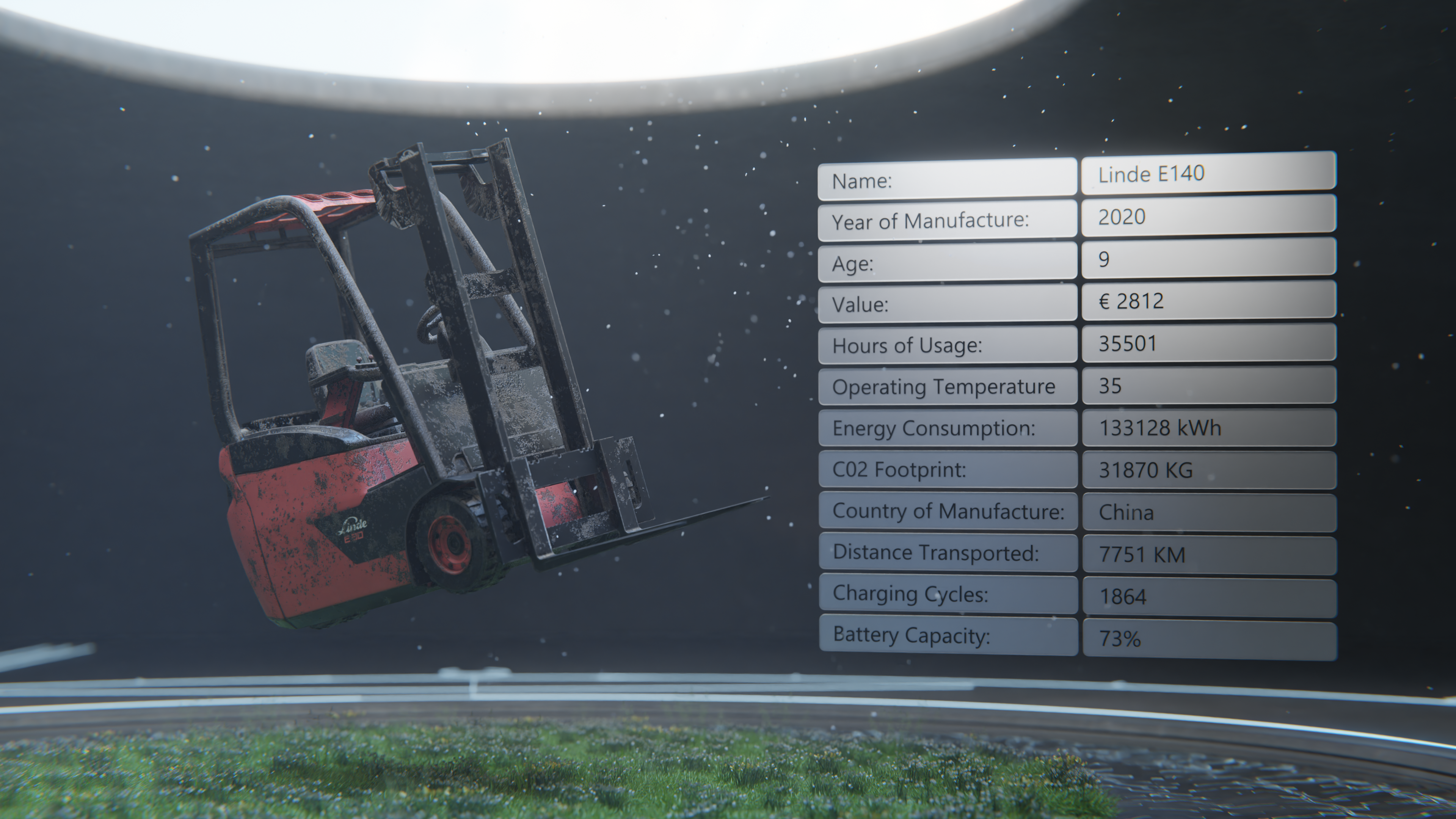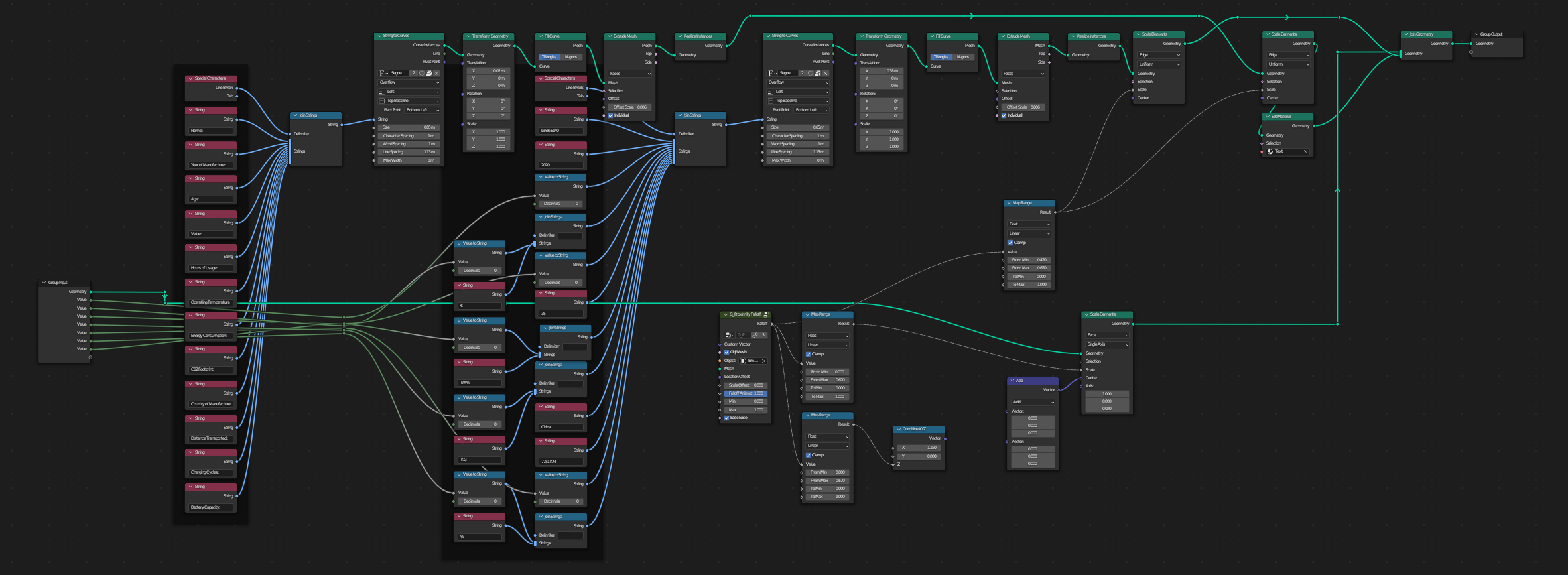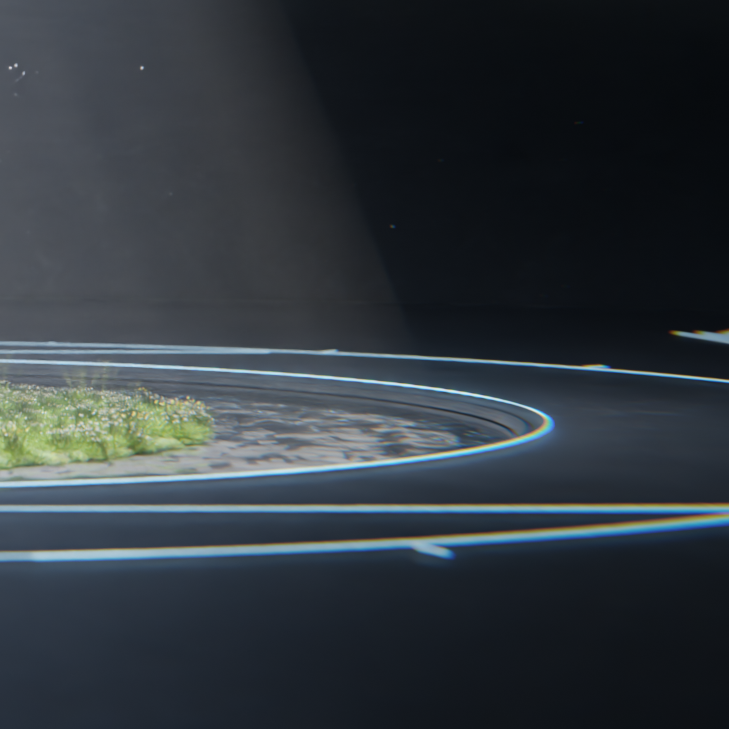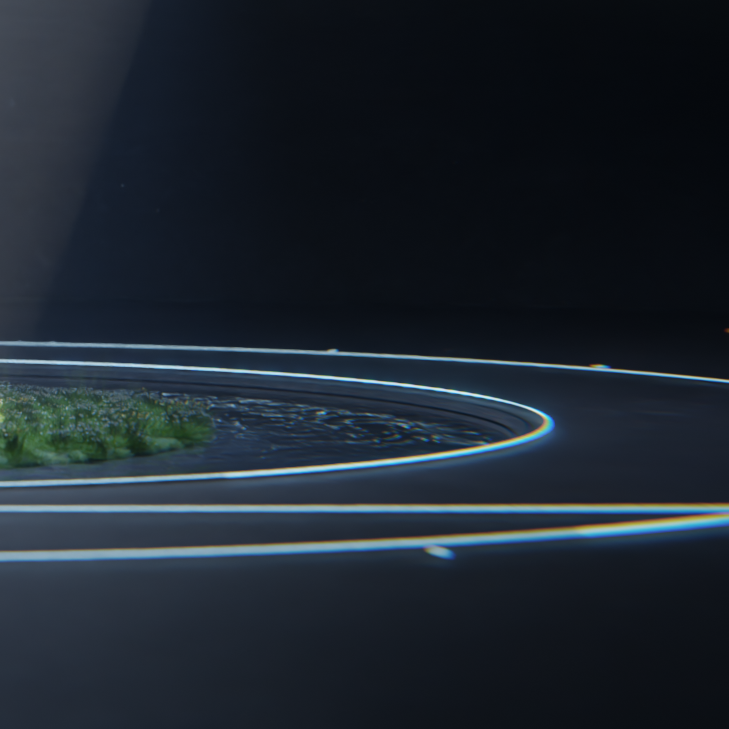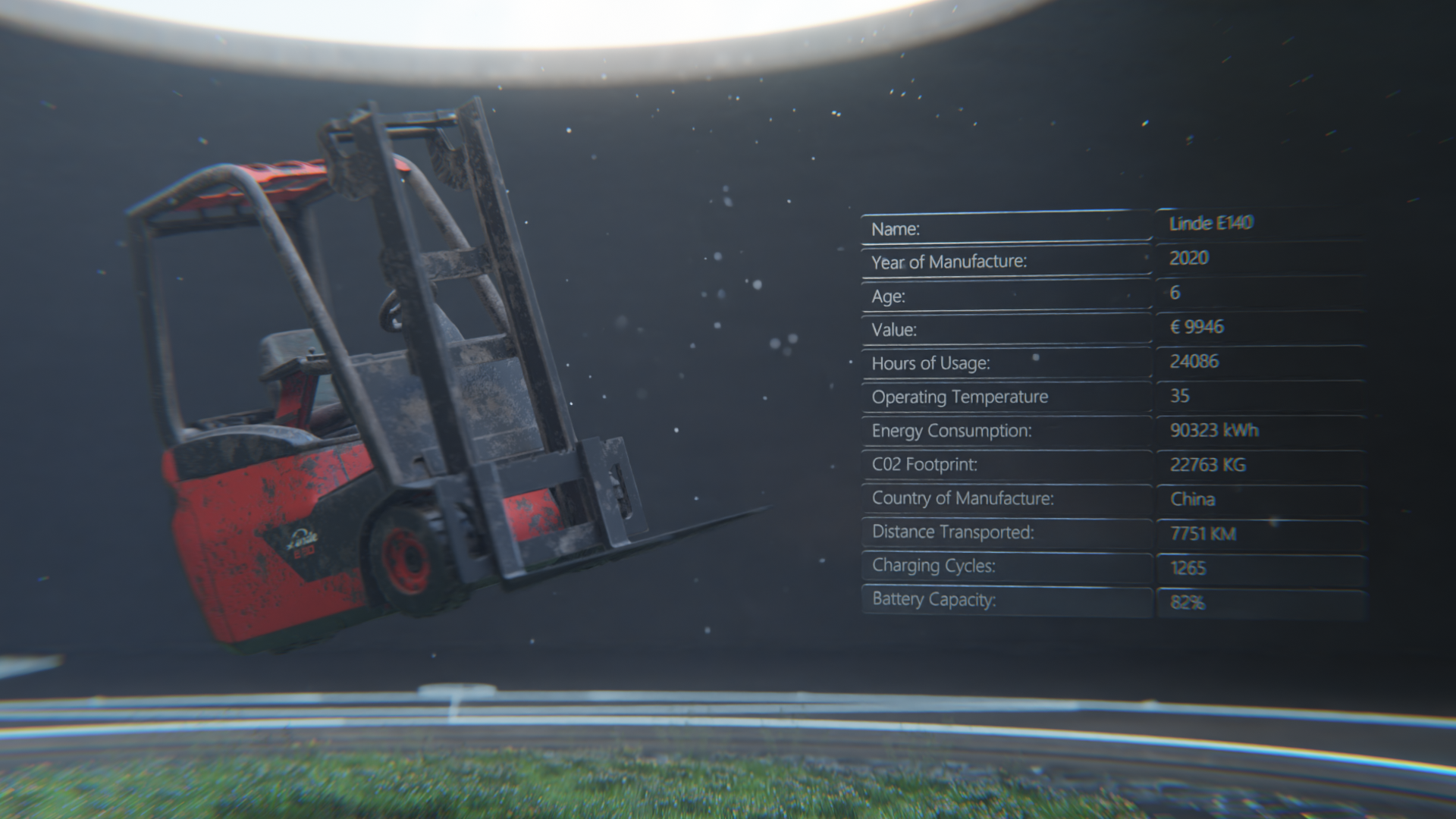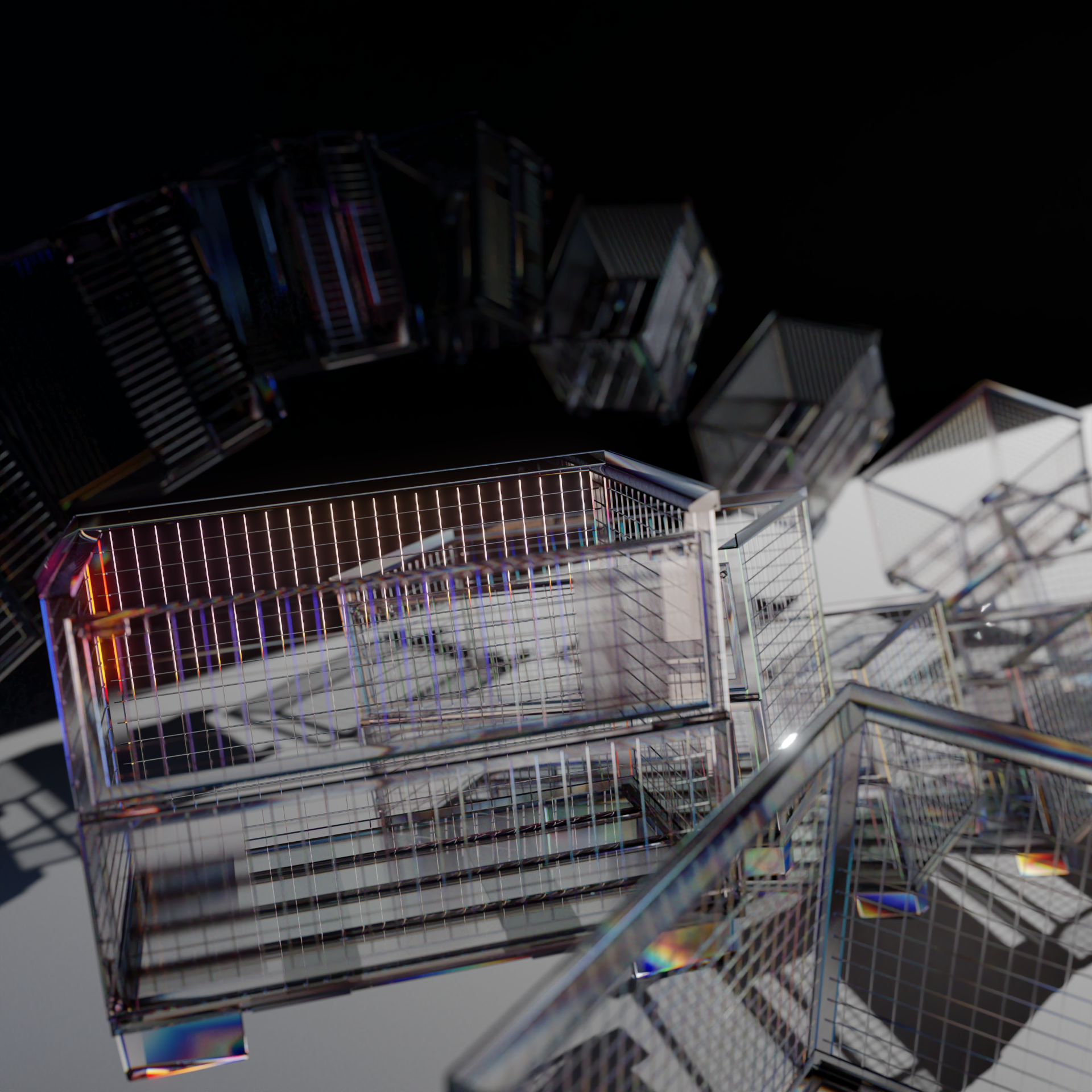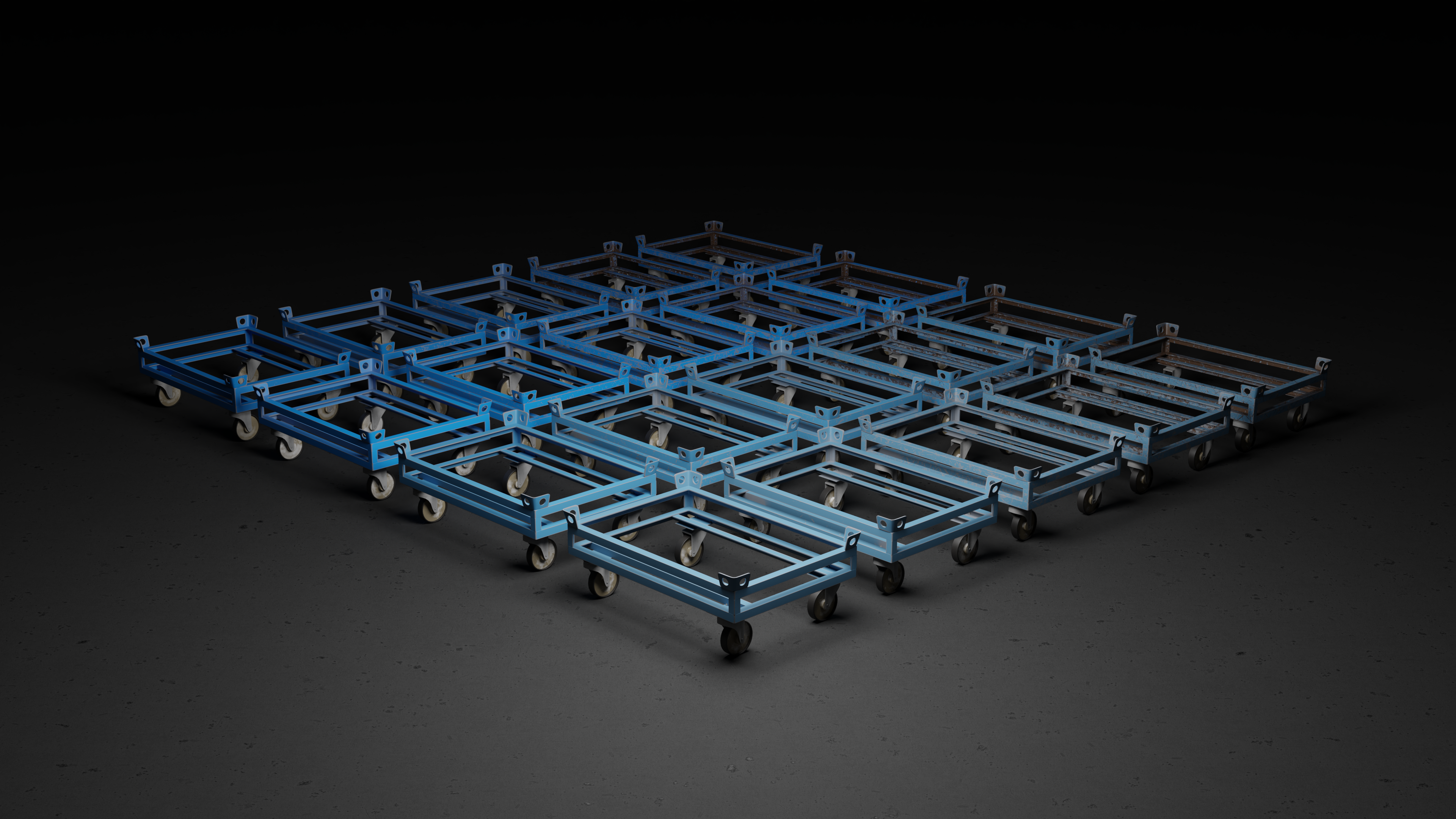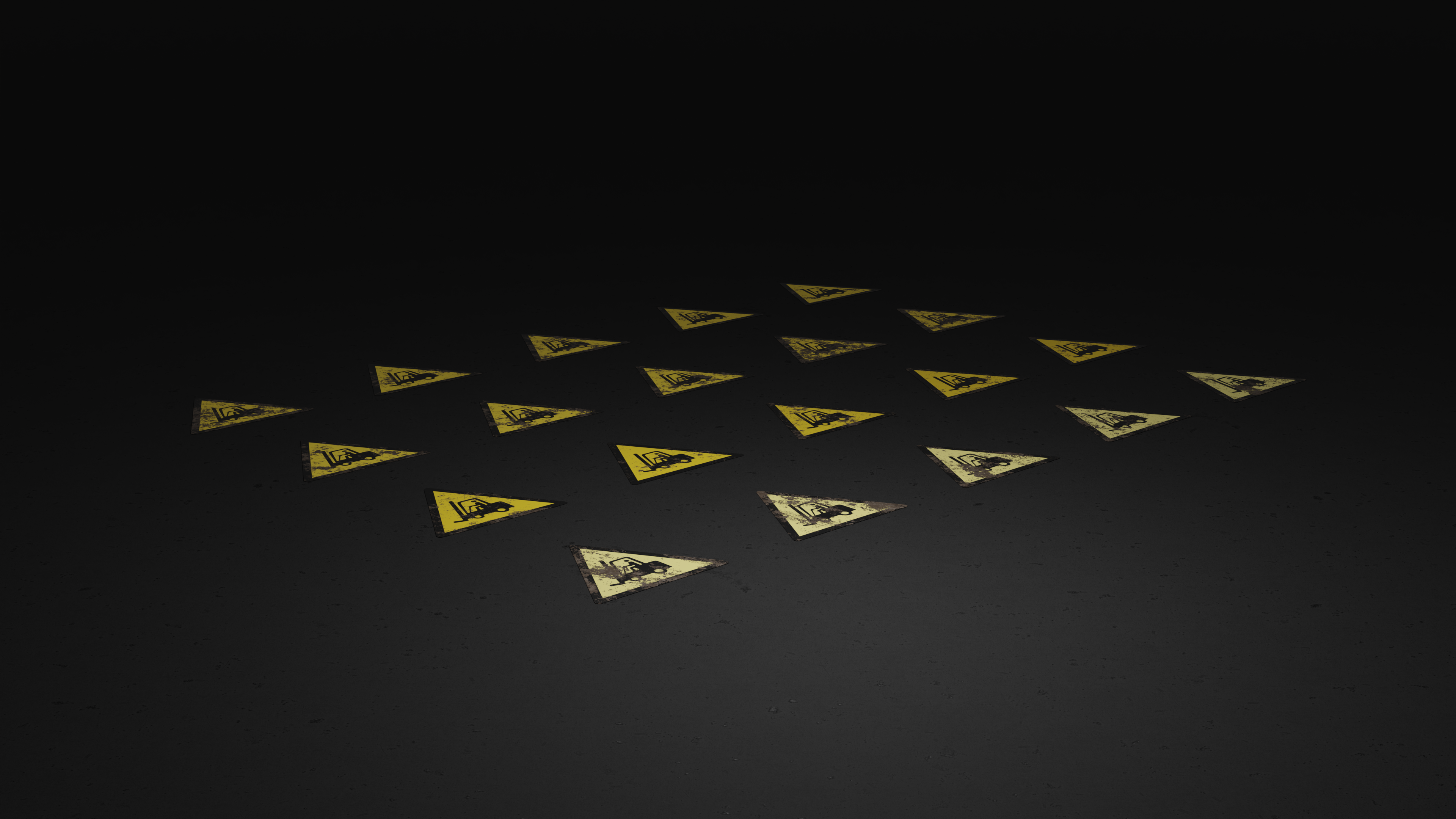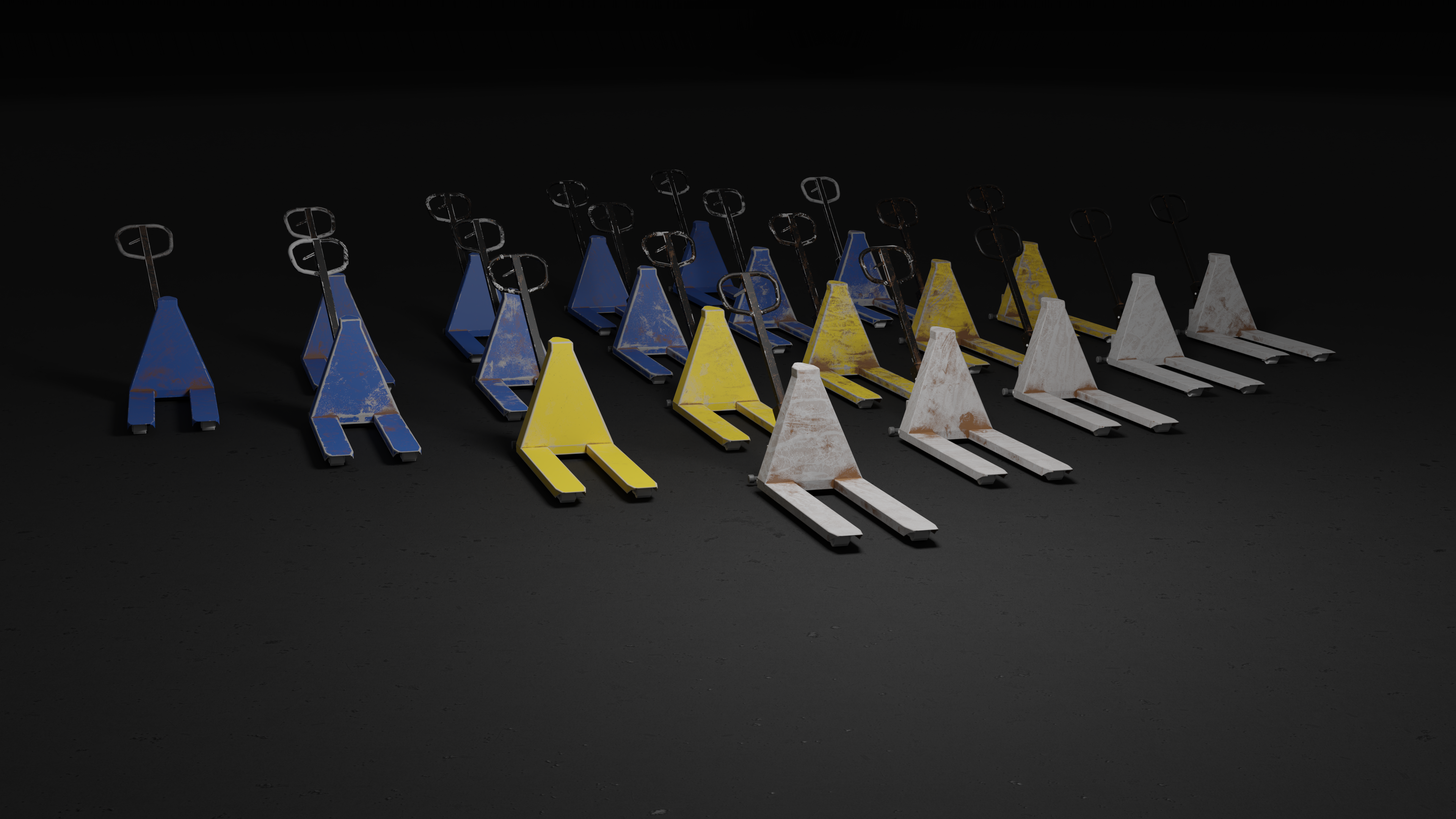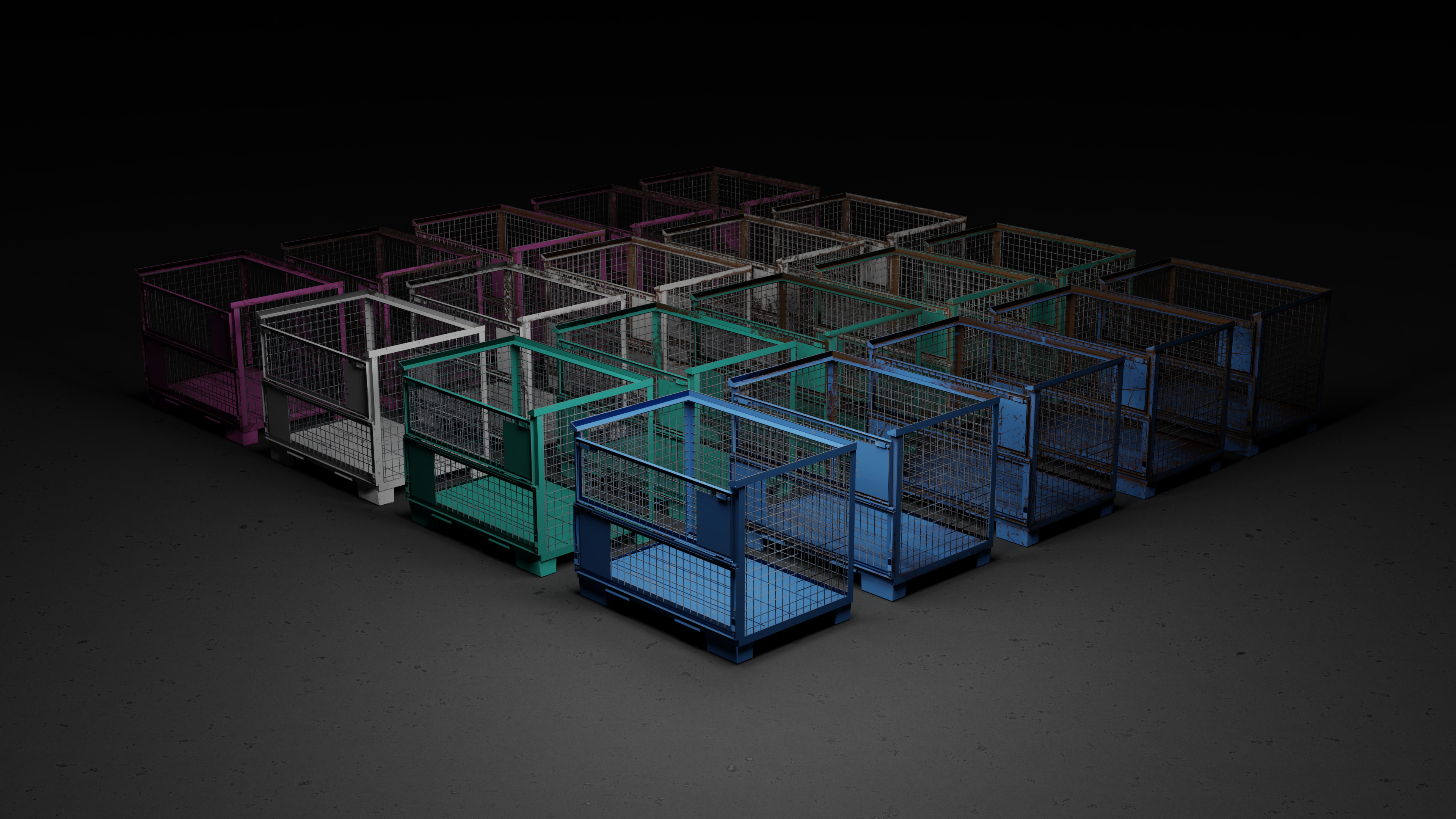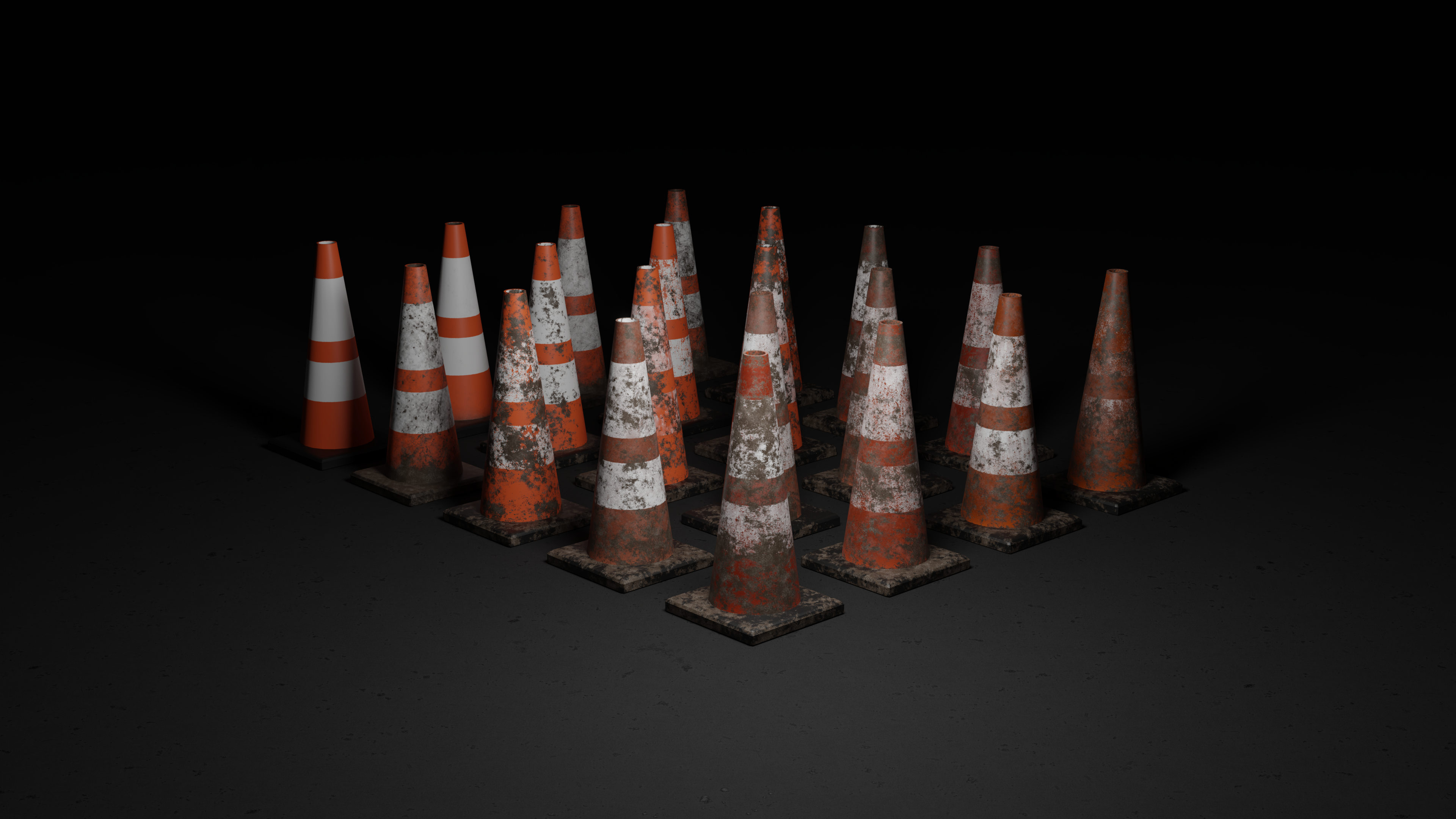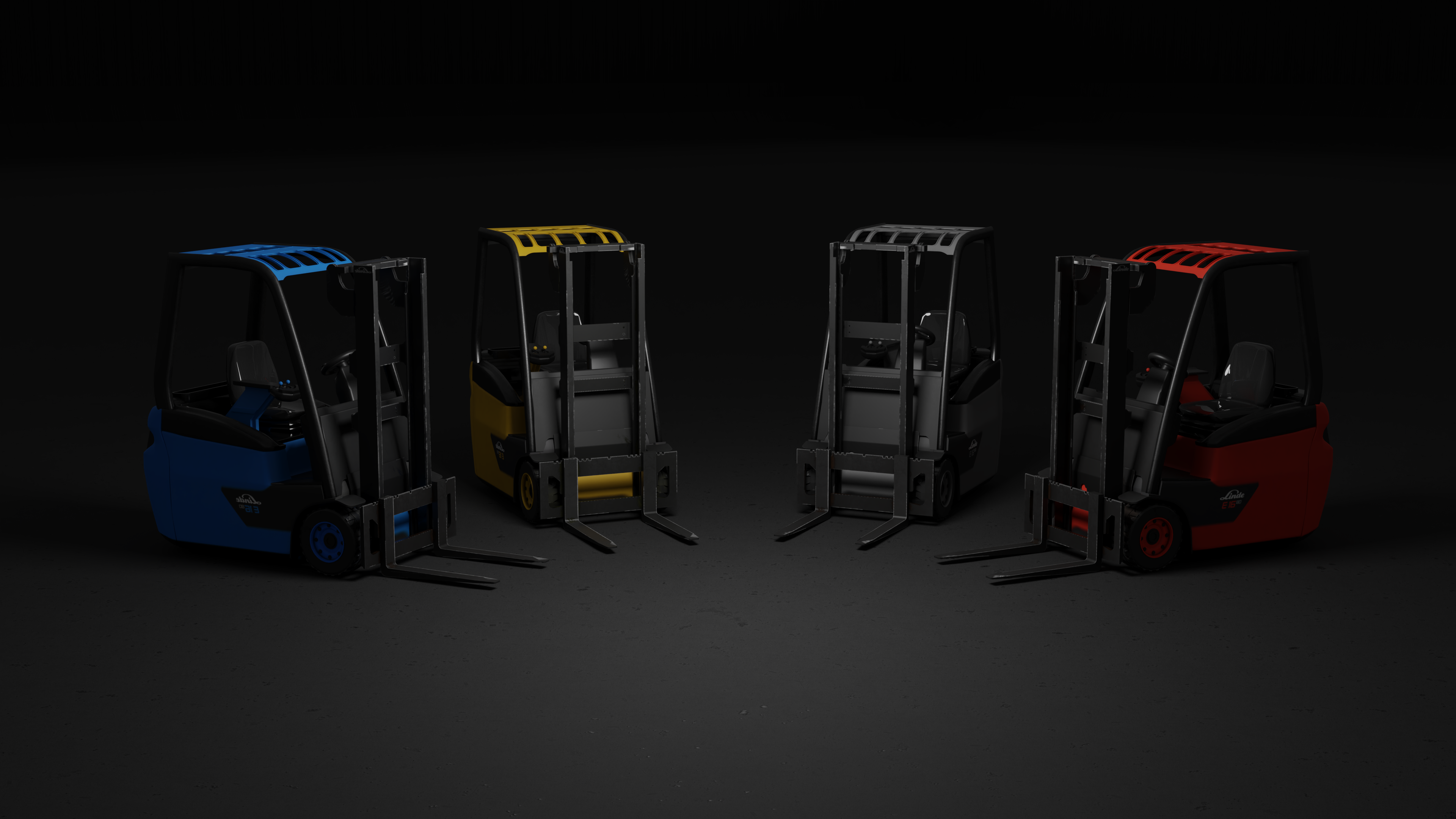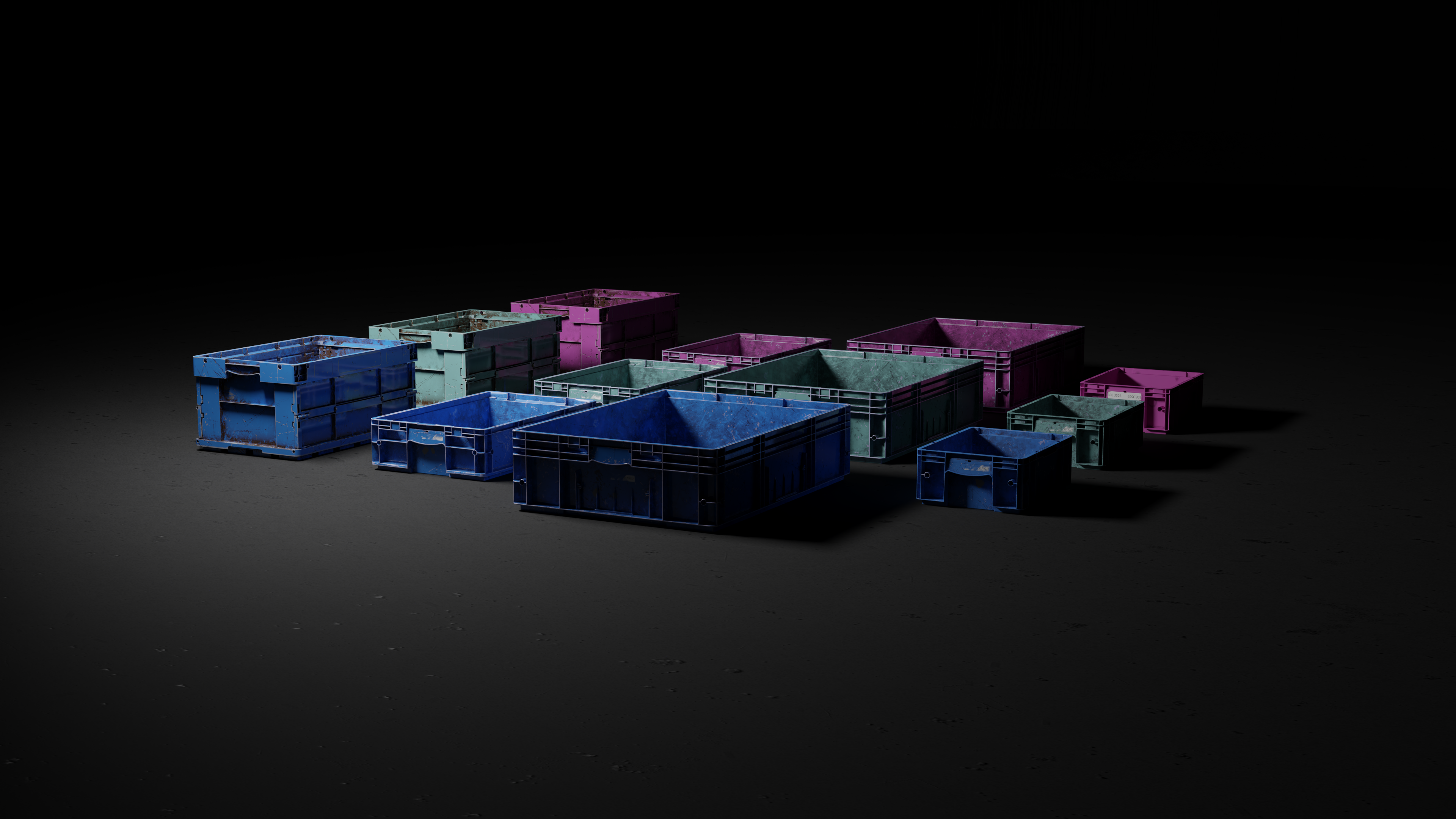SUSTAINABILITY THROUGH OPTIMISATION
GREEN AI
Year//
2022
Team//
BMW Innovation Lab, Idealworks, Inmind.ai, BMW Group QUT Design Academy, Chafic ABOU AKAR
GREEN Physics AI uses NVIDIA Omniverse to simulate the lifecycles of industrial assets, taking into account key sustainability parameters. Thousands of assets and their dependencies are simulated on this platform and enable the estimation of the impacts of small decisions on the overall system over the next few years. Faced with this proposal, this project called for the production of a short video that artistically communicates how time, digitalisation and visualisation are intrinsically intertwined and fundamental to achieving sustainability goals for the latest SORDI Release.
EMISSIONS AND FOOTPRINTS
DIGITISING THE FUTURE
The metadata generated by GREEN Physics AI is a game-changer in the industrial sector. It provides real-time insights into asset conditions and usage. The metadata is processed based on previous history records while advanced AI prediction models are used to predict potential risks. This information enables organizations to monitor and analyze asset performance, make informed decisions about policy updates, mitigate risks, and optimize operations for maximum efficiency and asset utilization. The ability to process large amounts of historical data and make accurate predictions sets GreenPhysics AI metadata apart and makes it a key player in the Green and Lean industrial digitalized decision-making process.
We visualized the metadata using a revised material aging effect, building on our previous PARAMETRIC workflow. We also included a matrix of data that converted time into a series of data points.
AN OCEAN OF CONCRETE
A LITTLE OASIS
In the early stages of artistic direction, we aimed to create an environment with a cold and desolate atmosphere. Ultimately, we chose a room with an annular space that featured engravings reminiscent of alien designs. When lit, they shimmered across the water, as if symbolizing how new technology can bring life to factory planning and offer a choice for a brighter future. This is further emphasized by a beam of sunlight that illuminates the oasis and lifts the static asset from its resting place.
PARAMETRIC TEXTURING
LEVELS OF DETAIL
To help with training the dataset and ensure accurate supervised simulation training, we manually applied textures to a series of assets. Every scratch, paint imperfection, and dirt granulation was added with care and modified in a tasteful manner for the simulation team. Models are no longer limited to a single, unchanging texture, but now update based on inputs, conditions and context - adding further levels of interactivity and realism to the representation of the digital assets.
META DATA BECOMES META
SORDI GREEN
Shared below are some of the texture variations that were created for the BMW Tech office team as part of our ongoing collaboration. These assets are useful for SORDI and other internal research projects that explore the potential of digital design, meta-data for sustainability and factory fabrication.

